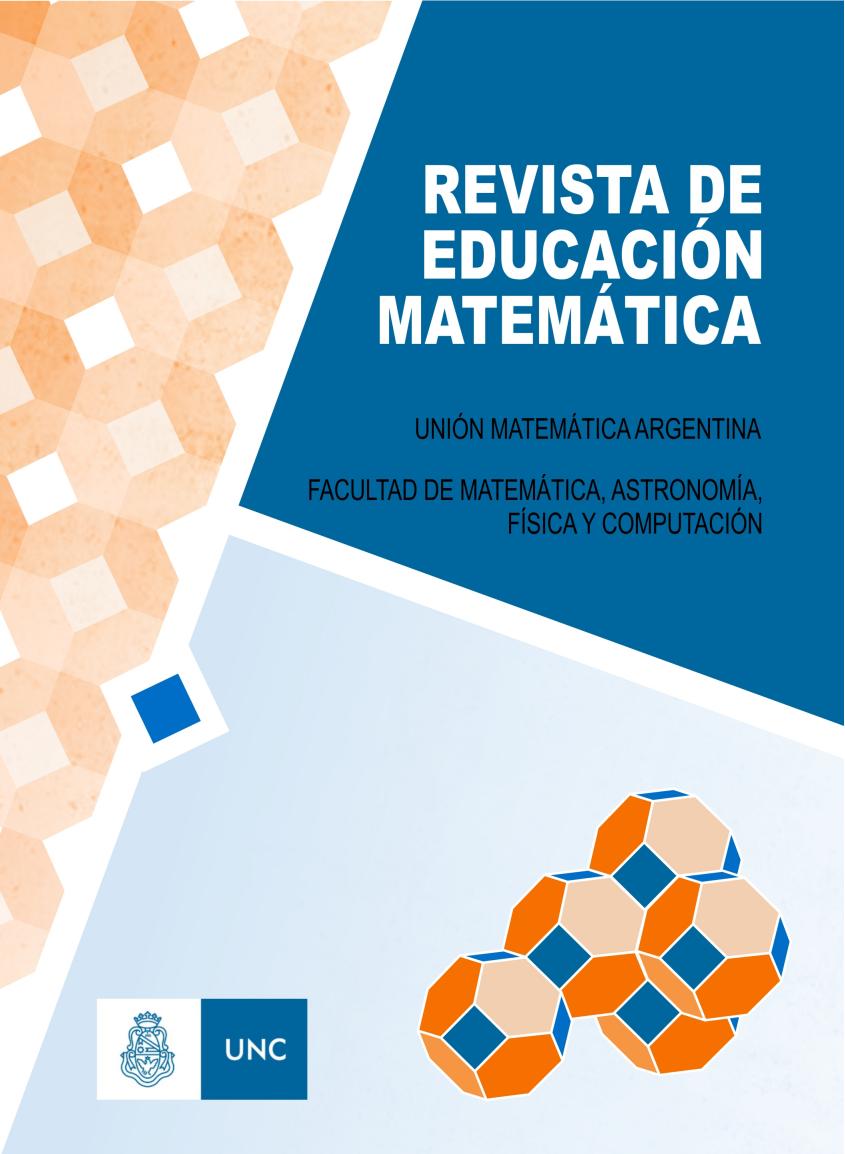The Pursuit of Happyness
DOI:
https://doi.org/10.33044/revem.38728Keywords:
Evolution, Sequences, Happy NumbersAbstract
Perhaps natural numbers are the most basic living beings, the original cells of that vital, fertile, complex and unbounded network that is mathematical activity. They are subject to various laws of evolution that we ourselves can define, according to our complete whim, as many as our imagination allows. Perhaps, if we are lucky, we will be able to predict what evolution is like under each law that we impose. Perhaps, if we are lucky, we can find happiness
Downloads
References
El-Sedy, E., y Siksek, S. (2000). On happy numbers. Rocky Mt. J. Math., 30(2), 565–570.
Descargado de math.la.asu.edu/~rmmc/rmj/VOL30-2/CONT30-2/CONT30-2.html doi: 10.1216/rmjm/1022009281
Gilmer, J. (2013). On the density of happy numbers. Integers, 13, paper a48, 25.
Grundman, H. G., y Teeple, E. A. (2001). Generalized happy numbers. Fibonacci Q., 39(5), 462–466.
Guy, R. (1994). Unsolved problems in number theory. (2nd ed. ed.). New York, NY: Springer-Verlag.
Honsberger, R. (1998). Ingenuity in mathematics. (6th printing ed., Vol. 23). Washington, DC: Mathematical Association of America.
Styer, R. (2010). Smallest examples of strings of consecutive happy numbers. J. Integer Seq., 13(6), 10. (Id/No 10.6.3)
Downloads
Published
Issue
Section
License

This work is licensed under a Creative Commons Attribution-ShareAlike 4.0 International License.
Aquellos autores/as que tengan publicaciones con esta revista, aceptan los términos siguientes:
- Los autores/as conservarán sus derechos de autor y garantizarán a la revista el derecho de primera publicación de su obra, el cuál estará simultáneamente sujeto a la Atribución-CompartirIgual 4.0 Internacional (CC BY-SA 4.0), que permite:
- Compartir — copiar y redistribuir el material en cualquier medio o formato
- Adaptar — remezclar, transformar y construir a partir del material
- La licenciante no puede revocar estas libertades en tanto usted siga los términos de la licencia
- Los autores/as podrán adoptar otros acuerdos de licencia no exclusiva de distribución de la versión de la obra publicada (p. ej.: depositarla en un archivo telemático institucional o publicarla en un volumen monográfico) siempre que se indique la publicación inicial en esta revista.
- Se permite y recomienda a los autores/as difundir su obra a través de Internet (p. ej.: en archivos telemáticos institucionales o en su página web) después del proceso de publicación, lo cual puede producir intercambios interesantes y aumentar las citas de la obra publicada. (Véase El efecto del acceso abierto).









